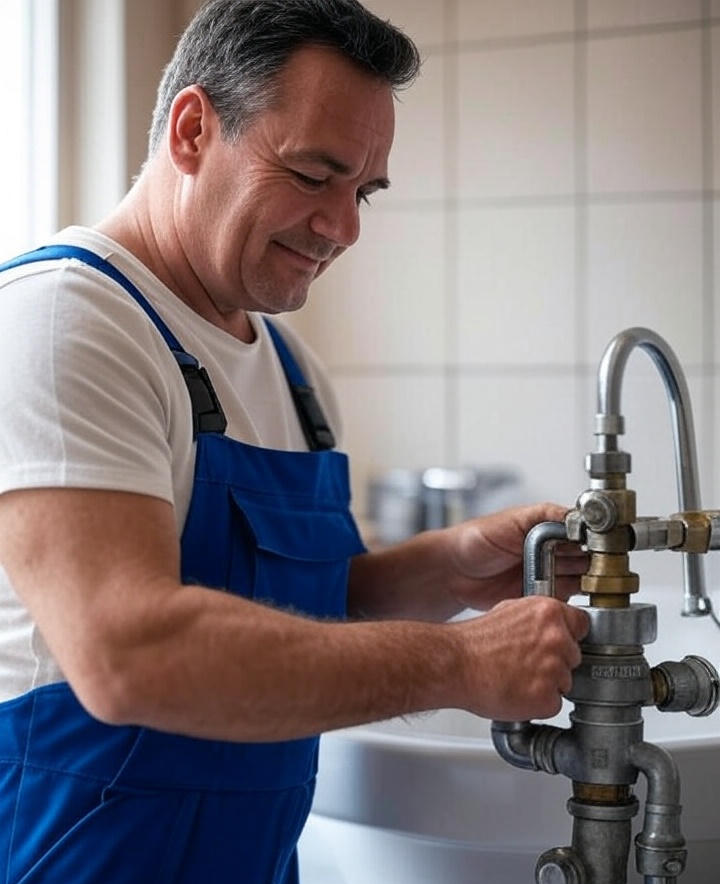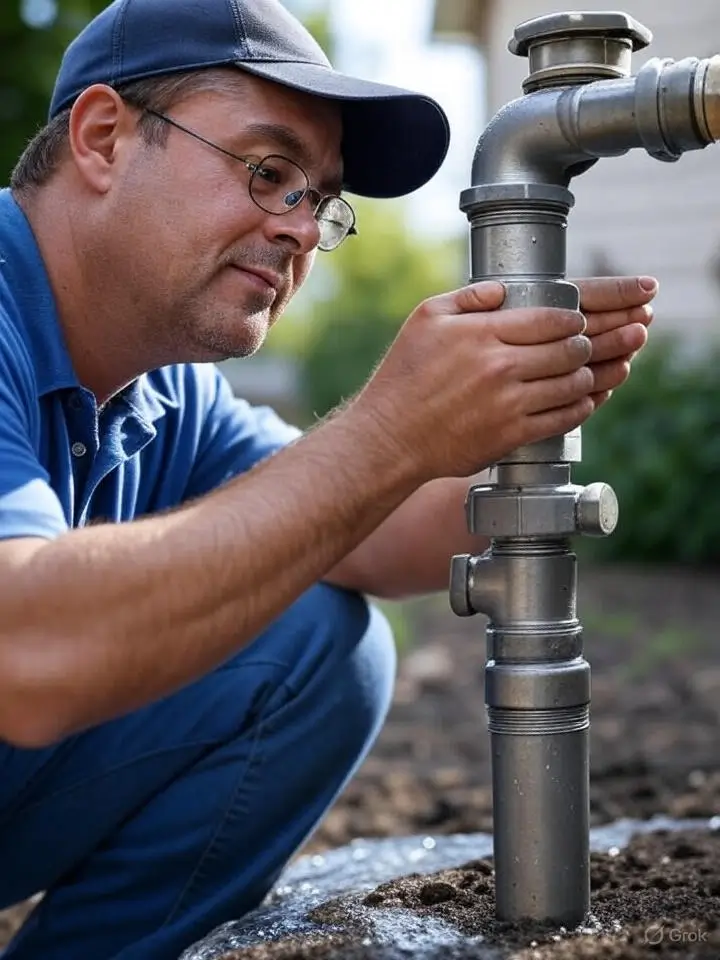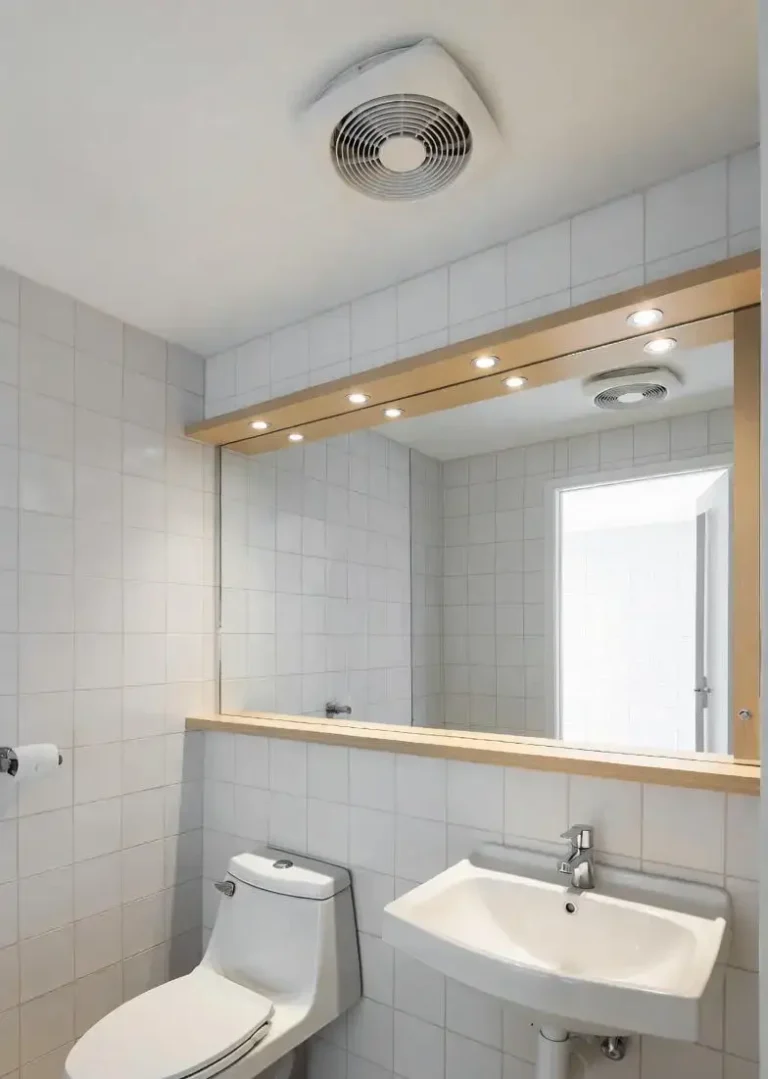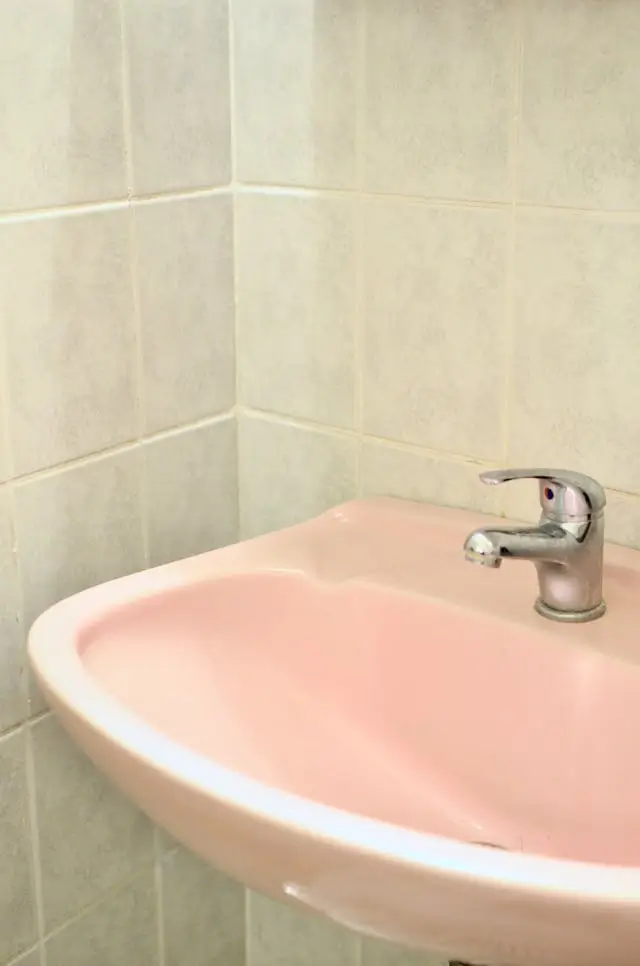How to Fix Low Water Pressure in Your Michigan Home
💧 Struggling with Low Water Pressure in Michigan?
Don’t suffer with weak water flow any longer. Call the local plumbing experts for fast diagnosis and repair.
Low water pressure is one of the most common plumbing frustrations homeowners face — and it can be especially problematic in Michigan’s varied climate and aging infrastructure. Whether you notice a weak shower spray, slow-filling sinks, or just generally sluggish water flow, low pressure can impact daily comfort and even household appliance performance.
What’s the good news? In many cases, low water pressure can be diagnosed and fixed without a major overhaul. This comprehensive guide walks you through the causes of low water pressure, how to troubleshoot it, and practical fixes for your Michigan home.
What Causes Low Water Pressure in Michigan Homes?
Water pressure is simply the force pushing water through your pipes. If that force drops, your faucets and appliances feel the effects immediately.
Several factors can cause low water pressure:
1. Municipal Supply Issues
Your water utility is the starting point. If there’s a main break, maintenance work, or unusually high demand in your area (common during hot summers in Michigan), the pressure can drop temporarily.
2. Pressure Regulator Malfunction
Many Michigan homes have a pressure reducing valve (PRV) installed on the main water line to keep water pressure safe and consistent. If the PRV is failing or misadjusted, your pressure may drop.
3. Leaky Pipes or Fixtures
Leaks reduce pressure by allowing water to escape the system. Older homes with galvanized steel pipes or corroded copper lines are especially vulnerable.
4. Clogged Pipes or Fixtures
Mineral buildup (calcium and magnesium), rust, or sediment can clog pipes, valves, or aerators, restricting water flow.
5. Shared Water Lines
If you live in a duplex or apartment building, low pressure can be caused by neighbors using water simultaneously.
6. Faulty Fixtures
Sometimes, the problem isn’t the whole system but a single faucet, showerhead, or appliance with internal blockages or damaged parts.
7. Water Heater Issues
If your hot water pressure is low, sediment buildup in the water heater or faulty valves can be to blame.
Signs You Have Low Water Pressure
- Slow filling sinks, tubs, or toilets
- Weak or uneven shower spray
- Appliances like washing machines or dishwashers take longer than usual
- Toilet refills slowly or incompletely
- Dripping faucets don’t build pressure when you turn them on
How to Diagnose Low Water Pressure Problems
Before calling a plumber, you can perform some basic checks:
1. Test the Pressure Yourself
Use a water pressure gauge (available at hardware stores). Attach it to an outdoor hose bib or laundry faucet, turn on the water, and check the reading.
- Normal home water pressure: 40 to 60 psi
- Below 40 psi usually means low pressure.
2. Check Multiple Fixtures
Test pressure at several locations—bathroom, kitchen, outdoor hose—to see if it’s a whole-house problem or localized.
3. Inspect Faucet Aerators and Showerheads
Remove aerators or showerheads and check for clogs or buildup. Soaking them in vinegar can dissolve mineral deposits.
4. Look for Visible Leaks
Check your water meter. Turn off all water in the house, then see if the meter is still moving—this can indicate a hidden leak.

How to Fix Low Water Pressure in Your Michigan Home
Depending on the cause, here are actionable fixes you can try:
1. Replace or Adjust the Pressure Regulator Valve
If your PRV is faulty or set too low, a licensed plumber can adjust or replace it. This often restores normal pressure quickly.
2. Fix Leaks Promptly
Leaks not only waste water but reduce pressure. Have a professional plumber locate and repair leaks—especially if you notice damp spots, mold, or unusually high water bills.
3. Clean or Replace Clogged Fixtures
Remove showerheads and aerators for cleaning. Replace any old or corroded fixtures with modern, water-efficient models designed to maintain good flow.
4. Flush Your Water Heater
Sediment buildup can cause low hot water pressure and reduce efficiency. Flushing your water heater annually helps keep pipes clear.
5. Install a Water Pressure Booster Pump
In areas with low municipal pressure, a booster pump can increase pressure to your home. These are installed on the main supply line and regulated for safe pressure levels.
6. Replace Old or Corroded Pipes
If your home still has galvanized steel pipes (common in Michigan homes built before 1960), consider repiping with copper or PEX. This can solve pressure and water quality problems long-term.
7. Schedule Regular Plumbing Maintenance
Annual inspections can catch pressure issues early, before they affect your daily life.
When to Call a Michigan Plumber
Some water pressure issues are straightforward fixes. But if you’re dealing with:
- Pressure below 40 psi after basic checks
- Multiple leaks or corrosion
- Complex plumbing configurations
- Shared municipal water lines with neighbors
- Persistent issues after DIY attempts
You should call a licensed plumber.
🚰 Low Water Pressure Problems? We’ve Got You Covered!
Our Michigan plumbing experts specialize in diagnosing and fixing all causes of low water pressure quickly and affordably.
📞 Call 313-351-8635 Today and schedule your plumbing inspection now!
Why Water Pressure Matters More Than You Think
Low water pressure isn’t just an annoyance — it impacts your entire home:
- Appliance Efficiency: Washing machines and dishwashers rely on good pressure to clean properly and run quickly.
- Water Conservation: Low pressure may cause you to run taps longer, wasting water and money.
- Comfort: Weak showers and slow sinks frustrate your family’s daily routine.
- Pipe Longevity: Corrosion and sediment buildup worsen under low flow conditions, shortening pipe life.
Final Tips for Michigan Homeowners
- Test water pressure annually, especially after winter.
- Replace old fixtures with WaterSense-labeled models for efficiency and flow.
- Avoid planting trees near your main sewer or water lines to prevent root intrusion that can lower pressure.
- Keep your water heater flushed and serviced for optimal hot water pressure.
Bottom Line
Low water pressure is fixable. With a combination of simple DIY checks and professional help, you can enjoy strong, consistent water flow throughout your Michigan home.
Call 313-351-8635 today and let the pros restore your water pressure — fast, affordable, and done right.







